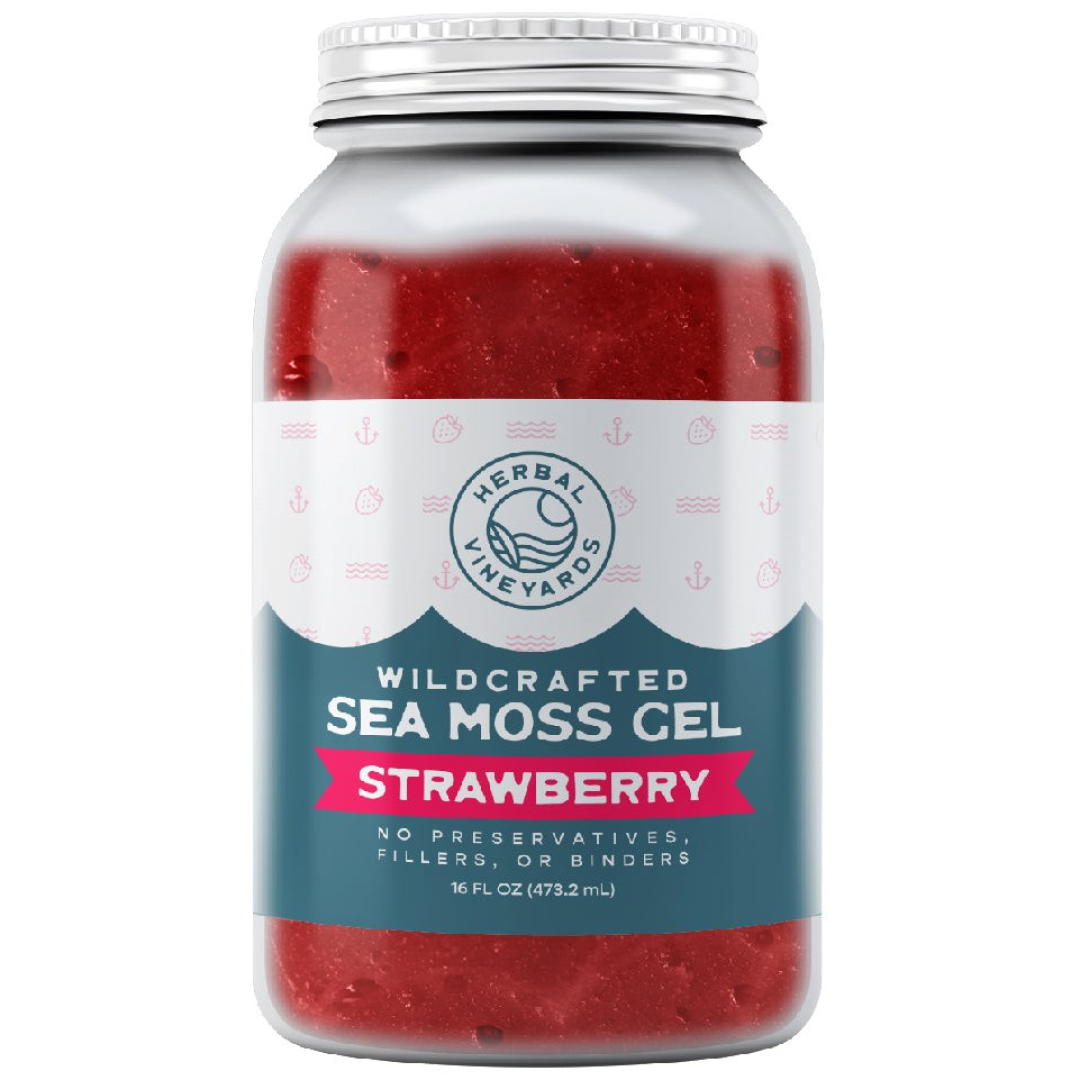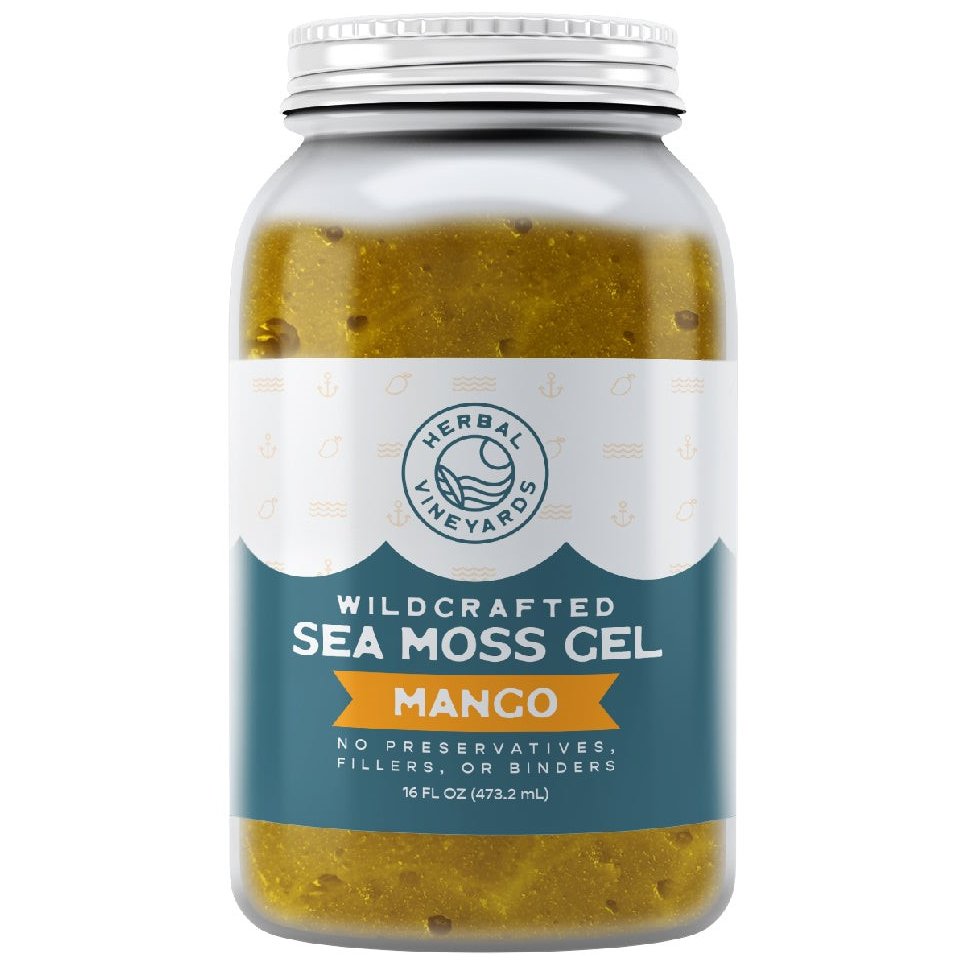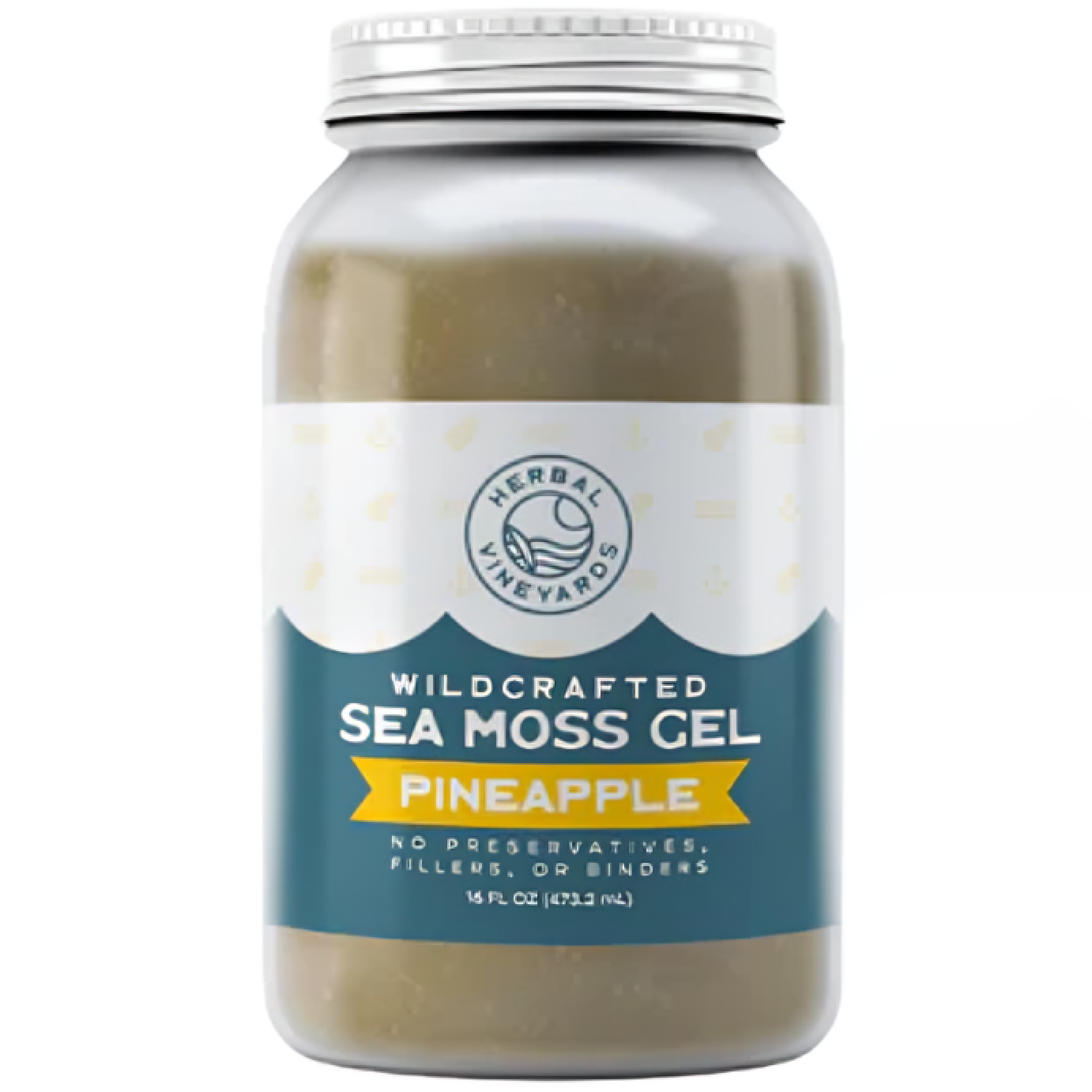How Sea Moss Protects and Heals Your Skin
Sea moss is making headlines nowadays. People from all walks of life consume sea moss as a supplement and often call it a superfood. Science backs the skin healing properties of seaweeds, so companies now incorporate their ingredients in cosmetic products. As a result, many people use sea moss as a part of their daily skincare routine. But is sea moss effective foryour skin?
The answer is a big yes!
But what is sea moss, and what ingredients make it unique? So, before any delay, let’s study sea moss’s skin healing properties in detail.
Sea Moss – What Makes it So Unique?
Sea moss is a marine alga that contains several beneficial ingredients. It is nature's multivitamin and has 92 of the essential minerals required by the body. In addition, the rich content of sea moss makes it a good choice for many medical ailments.From neurodegenerative disorders to hormonal issues, sea moss is doing wonders. Although not widely studied, scientific research on sea moss shows promising results.
So lets us know how sea moss affects your skin and what science has to say about it.
Sea Moss – How it Affects Your Skin
Sea moss contains ingredients that are particularly helpful for your skin. Its vitamin and mineral content is responsible for its skin healing and protecting properties. Sea moss is a wonderful product for your skin that fights acne, hyperpigmentation, aging, and uneven skin tone.
Check out the next sections to find more.
- Protects Your Skin from Environmental damages:
Harsh weather conditions and an unhealthy environment badly affect your skin, making it rough and dull. Sea moss is quite beneficial for such problems. It contains the micronutrients that protect your skin from environmental damages. Sea moss not only keeps your skin safe but also nourishes it. Sea moss keeps your skin hydrated and full of glow.
- Skin Healing properties of Sea Moss:
The sea moss minerals like calcium, iron, magnesium, phosphorus, selenium, zinc, potassium, etc., are involved mainly in skin healing and nourishing. The FDA recognizes, and in some cases, approves the topical benefits of several minerals such as zinc, magnesium, and iron, and sea moss is the rich source of such minerals. It gives a youthful and fresh look to your skin.
- Fights Acne and other Skin Infections:
Sea moss contains sulfur that has antimicrobial properties. It fights the germs and bacteria that enter your skin and cause multiple problems like acne. In addition, its sulfur content balances the skin microbiome that protects your skin from harmful substances.Many dermatologists support the use of sea moss as it can treat oily skin and acne.
- Sea Moss for Skin Diseases:
Skin changes occur with the deficiency of specific vitamins and minerals. It causes dryness, wrinkles, and aging of the skin. Besides that, many skin diseases can also occur, and sea moss can tackle many of them. It is particularly effective against seborrhoea and rosacea-related changes to the skin.
Closing Comments:
Sea moss is your go-to product for fresh and glowing skin. It contains ingredients that have skin protecting and healing properties. But bear in mind that sea moss is a supplement, and the FDA does not regulate such products. Consult a dermatologist if your skin is sensitive or has a severe skin disease. Once you get that green signal, there is no harm in giving sea moss a try. Check how your skin responds to it and who knows, you might start seeing positive changes to your skin. So, try our products and take good care of your skin from today.
References:
Jesumani V, Du H, Aslam M, et al. Potential Use of Seaweed Bioactive Compounds in Skincare-A Review. Mar Drugs. Dec 2019;17(12):688.
https://www.ncbi.nlm.nih.gov/pmc/articles/PMC6950024/
Park K. Role of micronutrients in skin health and function. Biomol Ther (Seoul).2015 May;23(3):207-217.
https://www.ncbi.nlm.nih.gov/pmc/articles/PMC4428712/
Chiu A, Kimball AB. Topical vitamins, minerals, and botanical ingredients modulators of environmental and chronological skin damage. Br J Dermatol. 2003 Oct;149(4):681-91
https://pubmed.ncbi.nlm.nih.gov/14616358/
Miller SJ. Nutritional deficiency and the skin. J Am Acad Dermatol. 1989 Jul;21(1):1-30.
https://pubmed.ncbi.nlm.nih.gov/2663932/







